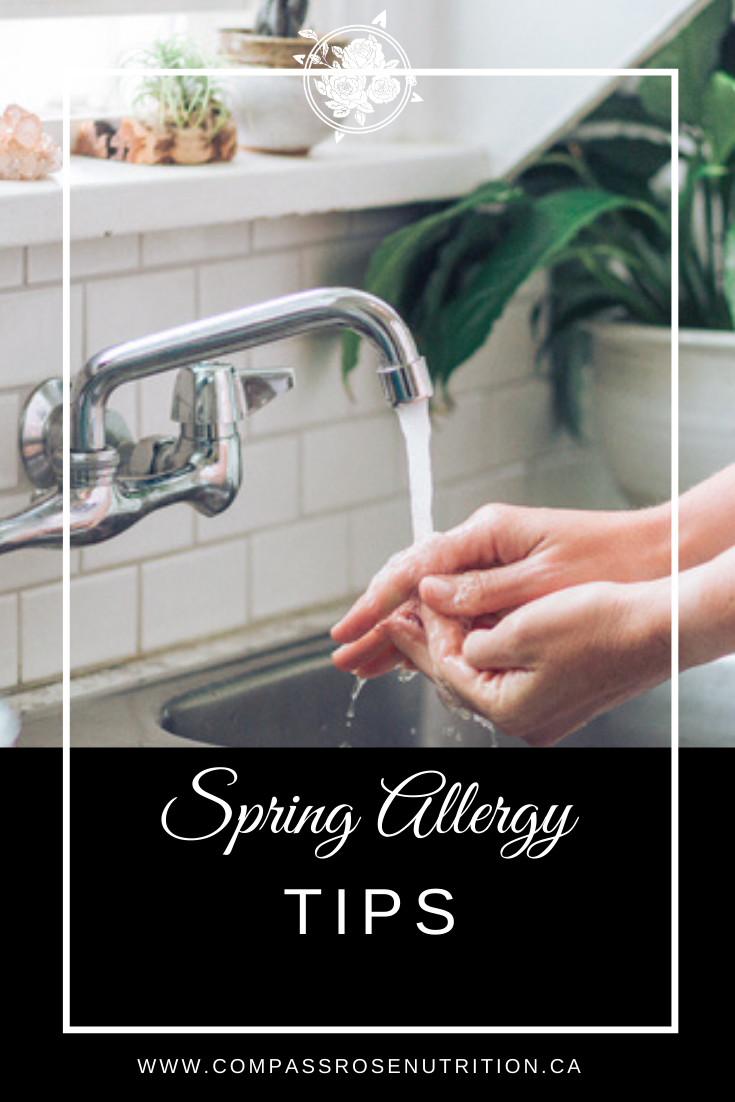Do your allergies act up in the spring?
After being cooped up all winter long, the warm weather brings us outside to enjoy the sunshine. The warmer weather also brings pollen, which can leave you feeling uncomfortable. If you've tried all of the over-the-counter tricks to no avail, give these natural approaches a chance to fight those allergies for you.
Here's how to handle those troublesome allergy symptoms and embrace this season's full-bloom
Practice an ounce of prevention
Did you know wearing sunglasses helps with lessening your exposure to allergens? The sun is finally shining bright, so you're likely already tossing those sunglasses in your bag. Make sure you wear them as often as possible to lower the allergens getting into your eyes. I'm sure you're a hand-washing pro after the year we've had, but continue that on into spring as well. Washing those allergens off of your hands before they have the chance to get into your eyes, nose, or mouth will help to bypass some symptoms before they even start.
Try bee pollen
The next time you're at Whole Foods, grab a bottle of bee pollen. When you take pollen daily, it can work on desensitizing your immune system. It also gives you amino acids, vitamins, and proteins while helping quell inflammation. You can add this to your morning smoothie, and you'll never notice it's there.
Spring clean your home
Those allergens could get lodged in the things you use at home every day. From the carpets on your floor to the curtains surrounding the windows, give everything a thorough cleaning to liberate yourself from trapped allergens.
Know the signs of mold
Mold and mildew are prevalent allergens, and they can be hiding in places in your home. Often, it lurks on shower curtains and can be easily removed with a bit of vinegar and baking soda. These usually hide in damp areas -- behind your refrigerator, under your sink, air conditioning vents, etc.
Splurge on manuka honey
Simply adding this to a cup of tea gives you methylglyoxal or MGL, which effectively fights mucus in the nasal tract. By halting it there, you won't experience the symptoms of seasonal allergies. Plus, manuka honey, like all real honey, is antibacterial though the effects are even more potent.
Of course, if you have severe seasonal allergies, you should always check with your doctor. These natural tips are meant to help you find natural ways to alleviate the discomfort brought forth by the coughing, sneezing, and watery eyes that allergies can bring. They can be used in conjunction with what your doctor advises for your unique situation. Finding ways to get the relief you deserve is what matters most so you can have a fantastic spring season and beyond.
Check out the Free Nutrition and Wellness Library.
Inside you will find meal plans, healthy recipes and so much more.
Click below and sign up - it’s free!




